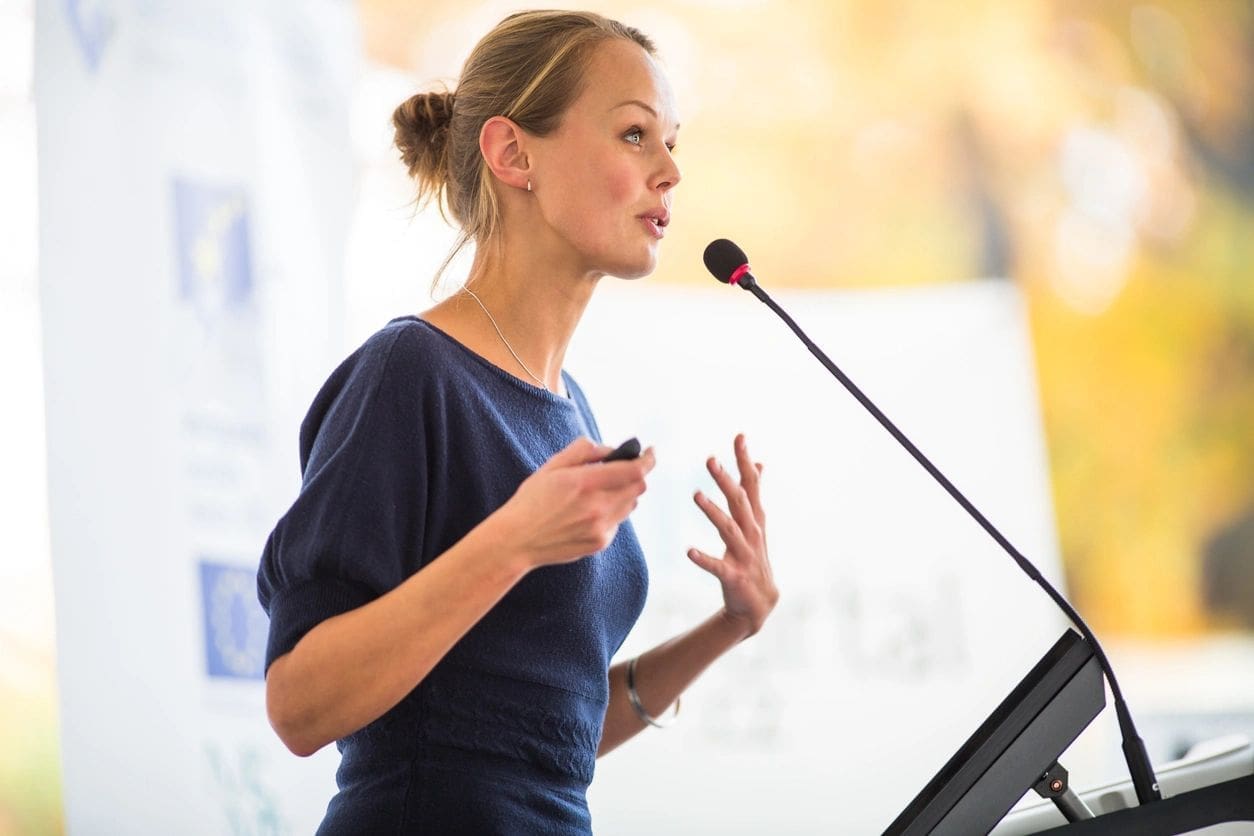Crafting a successful event workshop is an art that goes beyond a mere gathering of individuals. It’s about creating an immersive experience that resonates with your audience, leaving a lasting impact. In today’s dynamic landscape, where engagement is the currency, the ability to design a workshop that captivates participants is a valuable skill. In this article, we’ll explore the strategies and considerations that go into creating an event workshop that your audience will love.
A well-executed workshop not only provides valuable insights and knowledge but also fosters a sense of community and connection among participants. Whether you’re organizing a professional development session, a creative workshop, or a niche-specific event, the principles of crafting an engaging experience remain universal.
As we delve into the intricacies of designing a remarkable event workshop, keep in mind that the success of your workshop extends beyond the event itself. It lies in the lasting impression it leaves on your participants, the relationships it forges, and the potential for future collaborations. So, let’s embark on the journey of understanding the key elements that contribute to the creation of an event workshop that not only meets but exceeds the expectations of your audience.
Understanding Your Audience
In the realm of event workshops, one size certainly does not fit all. To create a workshop that resonates deeply with your audience, you must first grasp who they are and what makes them tick.
Know Your Audience
Understanding your audience is the foundation of a successful workshop. Begin by clearly defining your target demographic. Are they professionals seeking industry insights, creatives looking for inspiration, or a mix of both? Consider demographics such as age, occupation, and interests. This information will be pivotal in tailoring your workshop content to meet the specific needs and expectations of your participants.
Analyzing Audience Preferences
Once you’ve identified your audience, delve into their preferences. What topics are they passionate about? What learning formats do they respond to best? Surveys and feedback mechanisms can be invaluable tools in gauging these preferences. By actively seeking and analyzing this input, you can fine-tune your workshop content and structure, ensuring that it aligns seamlessly with what your audience truly values.
Building a workshop without a deep understanding of your audience is akin to preparing a meal without knowing your guests’ dietary preferences – it may miss the mark. Therefore, invest the time and effort to comprehensively grasp who your participants are and what will genuinely capture their interest and engagement.
Tailoring Content to Audience Needs
Armed with insights into your audience’s characteristics and preferences, the next step is to align your workshop objectives with their needs. Your content should be a direct response to what your audience is seeking to gain from the workshop. This alignment not only ensures relevance but also establishes a connection between the material presented and the participants’ real-world challenges and aspirations.
Understanding your audience is the compass that will guide you through the intricate process of creating an event workshop that leaves a lasting impact.
Setting Clear Objectives
As you embark on the journey of creating an event workshop that resonates with your audience, setting clear objectives acts as the roadmap guiding your efforts. Well-defined goals not only provide direction to your planning but also contribute significantly to participant satisfaction.
Defining Workshop Objectives
Crafting specific and measurable workshop objectives is fundamental to a successful event. Your objectives should be a precise articulation of what you aim to achieve through the workshop. For example, if your workshop focuses on professional development, an objective could be to enhance participants’ skills in a particular area or provide insights into industry trends.
Aligning Objectives with Audience Expectations
While it’s crucial to have clear workshop objectives, it’s equally important to ensure they align with your audience’s expectations. Participants invest time and resources to attend your event, expecting tangible takeaways. By aligning your objectives with their expectations, you not only meet but exceed their anticipations, creating a positive and enriching experience.
Building a workshop that achieves its intended impact begins with a well-thought-out objective, setting the stage for an engaging and rewarding experience for both organizers and participants alike.
Designing Engaging Content
A workshop’s success hinges on more than just its objectives; it relies on the content’s ability to captivate and resonate with participants. Crafting engaging content involves a delicate interplay of interactive elements and effective storytelling techniques.
Crafting Compelling Content
At the heart of any successful workshop is content that speaks to the audience. This goes beyond merely conveying information – it involves creating an experience. Embrace interactive elements that encourage participation and foster a sense of collaboration among attendees. Whether through group activities, discussions, or hands-on exercises, interactive elements transform your workshop from a passive learning experience into an active engagement.
Interactive Elements
Consider the impact of incorporating interactive elements such as group discussions, Q&A sessions, or live demonstrations. These not only break the monotony but also provide participants with a chance to apply what they’ve learned in real time. The more hands-on and participatory your workshop, the more likely it is to leave a lasting impression.
Storytelling Techniques
In addition to interactivity, storytelling is a powerful tool for engaging your audience. Humans are wired to respond to narratives, and integrating storytelling techniques into your workshop can evoke emotions, making the content more memorable. Share relevant anecdotes, case studies, or real-world examples that illustrate key points, creating a connection between the material and the participants’ own experiences.
Crafting engaging content is an art that combines the science of education with the creativity of storytelling, and mastering this balance is key to ensuring your workshop is both informative and unforgettable.
Selecting the Right Venue and Resources
The success of your event workshop isn’t solely dependent on the content; the venue and resources play a pivotal role in creating an environment conducive to learning and collaboration. Careful consideration of these elements ensures a seamless and enriching experience for your participants.
Choosing the Perfect Venue
The venue sets the stage for your workshop, influencing participants’ comfort and engagement levels. When selecting a venue, consider factors such as accessibility, ambiance, and capacity. Accessibility ensures that participants can easily reach the location, while a suitable ambiance fosters a positive learning environment. The venue’s capacity should align with your expected number of attendees, preventing overcrowding or an excessively spacious atmosphere.
Factors to Consider
Delve into the specific factors that can make or break your chosen venue. Adequate seating, proper lighting, and acoustics are essential elements that contribute to a comfortable and engaging experience. Additionally, consider the availability of necessary facilities such as restrooms, Wi-Fi, and catering services. A well-equipped venue eliminates potential disruptions, allowing participants to focus on the workshop content.
Essential Resources
Beyond the venue, ensure that you have all the essential resources to support your workshop. Prepare a checklist encompassing materials, technology, and any additional tools required for interactive sessions. Technological glitches or a lack of necessary materials can hinder the flow of your workshop, underscoring the importance of thorough preparation.
By attending to these details, you create an environment where participants can fully immerse themselves in the learning experience, maximizing the impact of your workshop.
Promoting Your Event Workshop
An exceptional event workshop deserves an equally exceptional audience. Promoting your workshop effectively is crucial to building anticipation, ensuring a strong turnout, and ultimately delivering value to your participants. This section will explore pre-event marketing strategies and the art of creating compelling invitations.
Pre-Event Marketing Strategies
Creating a buzz around your workshop begins well before the actual event date. Employing effective pre-event marketing strategies generates anticipation and interest, encouraging potential participants to mark their calendars. Leverage social media platforms, email campaigns, and any other relevant channels to disseminate information about your workshop. Teasers, sneak peeks, and behind-the-scenes content can pique curiosity and motivate individuals to register.
Utilizing Social Media and Email Campaigns
Social media platforms are powerful tools for reaching a broad audience. Craft engaging posts that highlight key aspects of your workshop, such as the topics covered, guest speakers, or interactive elements. Encourage participants to share these posts, expanding your workshop’s reach. Complement social media efforts with targeted email campaigns, providing detailed information and exclusive updates to your mailing list.
Creating Compelling Invitations
The invitation serves as the gateway to your workshop. Design invitations that not only convey essential details like date, time, and location but also communicate the unique value proposition of your event. Use visually appealing graphics, concise language, and a clear call to action to prompt registrations. Remember, the invitation is the first impression participants have of your workshop, so make it compelling.
Building anticipation ensures not only a strong turnout but also sets the stage for an engaged and enthusiastic audience.
Ensuring Smooth Execution
As the event day approaches, meticulous planning and preparation become the linchpin for a successful workshop. This section focuses on the crucial steps of preparing for the workshop day, covering logistics, rehearsals, and on-the-day tips to ensure seamless execution.
Preparing for the Workshop Day
To guarantee a smooth workshop, thorough preparation is indispensable. Begin by finalizing logistical details such as room setup, audiovisual equipment, and seating arrangements. A well-organized space contributes to a positive participant experience. Additionally, conduct rehearsals to iron out any potential hiccups. Rehearse presentations, interactive segments, and transitions to ensure a cohesive and polished delivery.
Importance of Thorough Event Preparation
Highlight the significance of a comprehensive approach to event preparation. Emphasize that attention to detail in logistical planning and rehearsals contributes to a professional and well-executed workshop. Addressing potential issues proactively minimizes disruptions on the day of the event, fostering a positive atmosphere for both organizers and participants.
On-the-Day Tips
As the workshop day unfolds, certain strategies can contribute to a smooth and enjoyable experience for all involved. Ensure that all event staff are familiar with their roles and responsibilities. Have contingency plans in place for unforeseen challenges. Encourage speakers and facilitators to engage with the audience, creating a dynamic and interactive atmosphere.
By prioritizing these aspects, you lay the foundation for an event day that not only meets but exceeds participant expectations, leaving a lasting positive impression.
Post-Event Evaluation and Improvement
The conclusion of your event workshop is not the endpoint; it’s a stepping stone to refining future endeavors. This section explores the vital steps of assessing success, gathering participant feedback, and using insights for continuous improvement.
Assessing Success and Gathering Feedback
The true measure of your workshop’s success lies in the impact it has on participants. Directly after the event, gather feedback to gain insights into what worked well and areas for improvement. This can be done through surveys, online forms, or interactive sessions. Analyze participant feedback meticulously, paying attention to recurring themes and specific suggestions.
The Value of Participant Feedback
We can’t overemphasize the importance of participant feedback in refining future workshops. Participants offer a unique perspective on the event, highlighting elements that resonated with them and areas where they see potential enhancements. Their insights provide a roadmap for adjustments, ensuring that each subsequent workshop better aligns with participant expectations.
Continuous Improvement
In the pursuit of excellence, continuous improvement stands as the cornerstone of event workshop success. This involves not only acknowledging areas of enhancement but actively implementing strategies to refine and elevate each subsequent workshop.
To perpetuate growth, organizers must systematically outline strategies for continuous improvement. This may involve conducting post-event debriefs, where the entire organizing team reflects on what worked well and areas that could be refined. Establishing a framework for ongoing improvement, such as regular team meetings, allows for the identification of emerging trends, industry innovations, and best practices. By staying attuned to these factors, organizers can proactively adapt and enhance their workshops, ensuring they remain relevant and effective.
Emphasizing the iterative nature of event workshop planning underscores that each workshop is not a final product but a part of an evolving process. Recognize that the success of one workshop does not guarantee the same for the next. The iterative approach involves a continuous loop of planning, execution, evaluation, and adjustment. This cycle allows organizers to build on successes, learn from challenges, and refine their strategies over time. Understanding and embracing this iterative process is key to staying agile and responsive in an ever-changing landscape.
A fundamental mindset shift is crucial – organizers should view each workshop as a learning experience. Every event provides a wealth of insights, especially through participant feedback. Approach feedback with openness and a willingness to adapt. Valuable lessons often emerge from unexpected sources, and by embracing the learning process, you can refine your skills, discover innovative approaches, and build a reservoir of knowledge that continually enriches future workshops. This perspective transforms workshops from singular events into stepping stones for growth and improvement.
By prioritizing post-event evaluation and continuous improvement, you position your workshops as evolving, responsive experiences that consistently meet the evolving needs of your audience.
Conclusion
As we bring our exploration of crafting a remarkable event workshop to a close, it’s evident that the journey doesn’t end with the last presentation or the final applause. Instead, the conclusion marks the beginning of a cycle of refinement and growth.
Throughout this article, we’ve delved into the crucial aspects of understanding your audience, setting clear objectives, designing engaging content, selecting the right venue and resources, promoting your workshop effectively, ensuring smooth execution, and evaluating post-event for continuous improvement.
In this journey, we’ve highlighted the significance of not only meeting but exceeding participant expectations. By understanding your audience’s needs, setting specific objectives aligned with those needs, and crafting content that engages and resonates, you lay the foundation for a successful workshop.
Choosing the right venue and resources, coupled with effective pre-event marketing, creates an environment where participants are not only informed but genuinely excited to be a part of your workshop. Ensuring smooth execution through meticulous planning and on-the-day strategies further enhances the overall participant experience.
The post-event phase, with its emphasis on participant feedback and continuous improvement, signifies a commitment to excellence. By analyzing insights from each workshop, you position yourself to refine and elevate future events, creating a cycle of growth that benefits both organizers and participants.
In your journey to create event workshops that your audience will love, remember that each workshop is a unique opportunity for connection, learning, and inspiration. Embrace the iterative nature of the process, adapt to feedback, and approach each event with a commitment to excellence. Through this approach, you not only create impactful workshops but also cultivate a community of engaged and enthusiastic participants.













